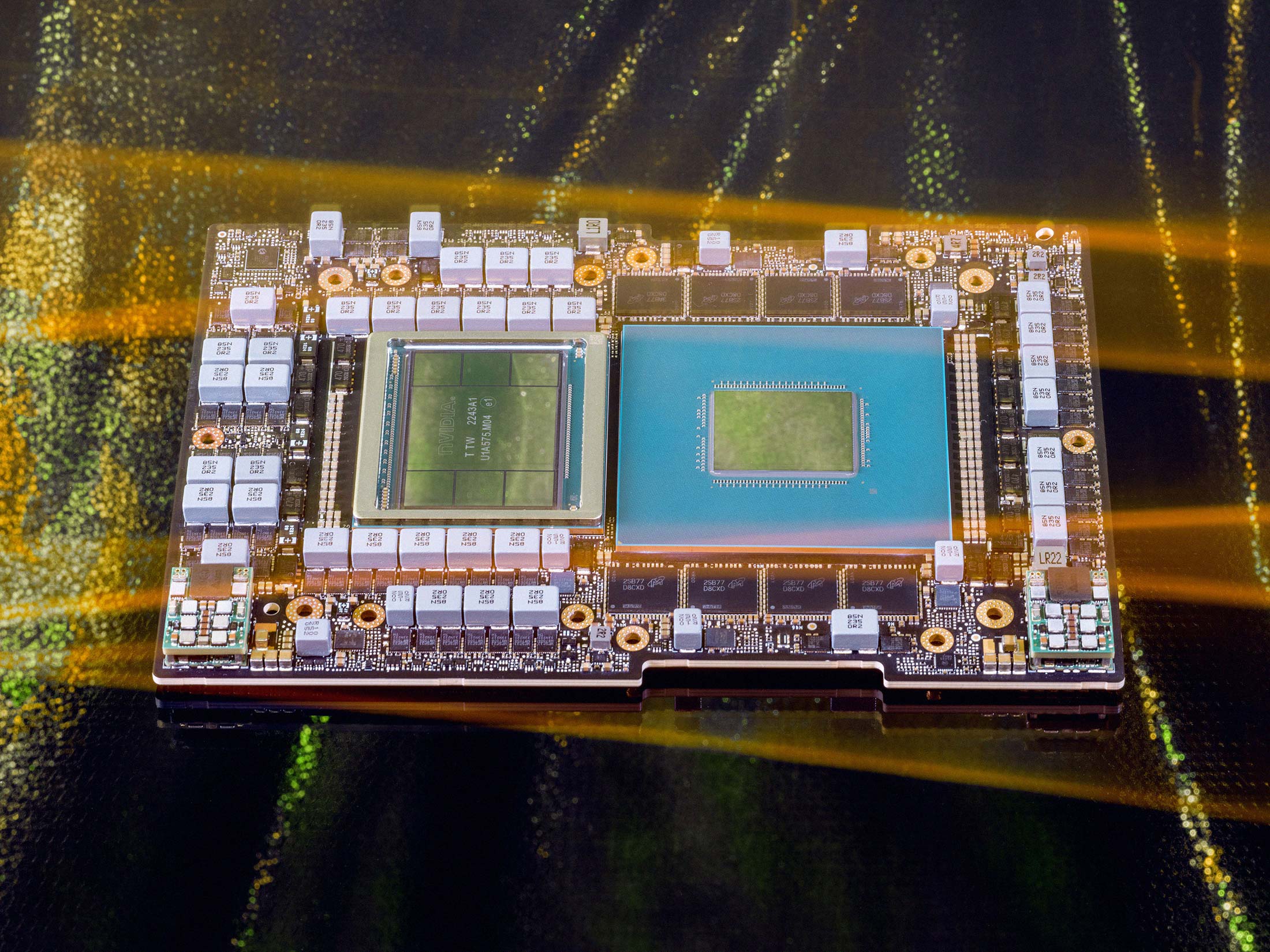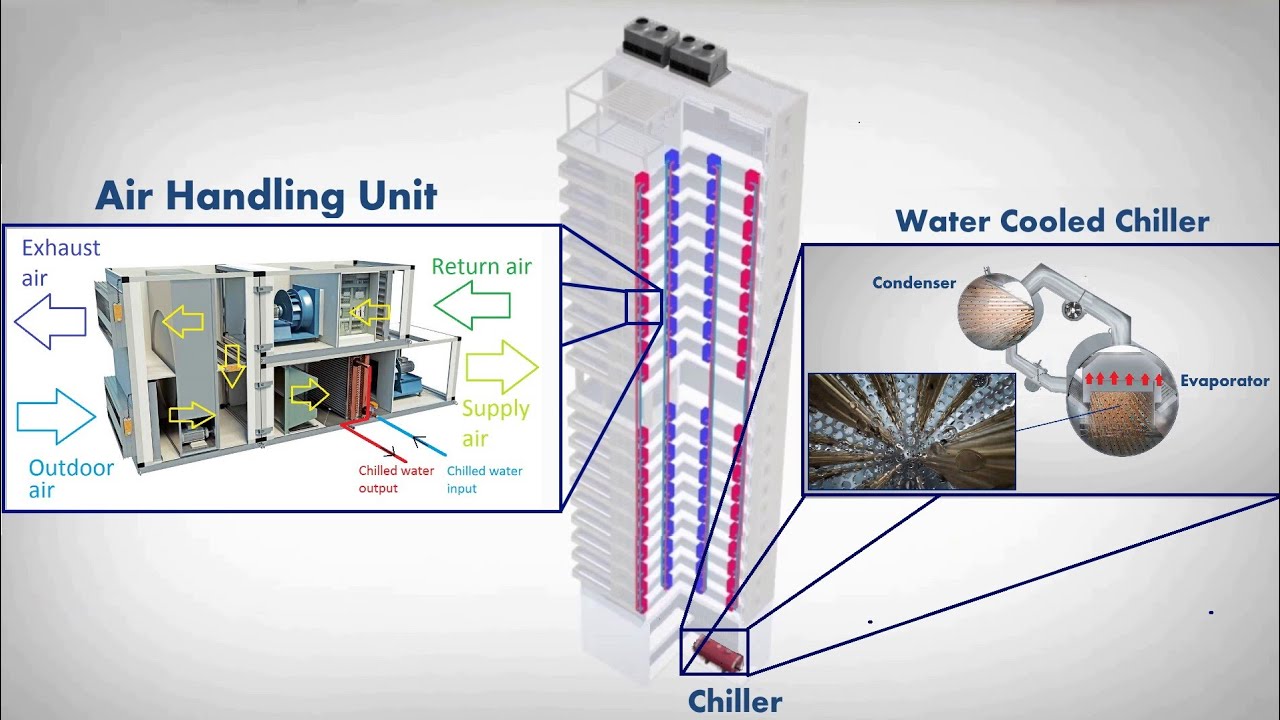Exclusive: Huawei's AI Chip Technology And Its Global Impact

Table of Contents
Huawei's Ascend AI Processor Series: Powering the Future of AI
Huawei's Ascend series of AI processors is at the heart of its AI strategy. This family of chips, including the high-performance Ascend 910 and the power-efficient Ascend 310, boasts unique architectures designed for maximum performance and efficiency. These chips are not merely incremental improvements; they represent a significant leap forward in AI processing capabilities.
- High performance and energy efficiency: The Ascend 910, for instance, delivers exceptional processing power while minimizing energy consumption, making it ideal for large-scale data centers. The Ascend 310, on the other hand, is optimized for edge computing applications, where power efficiency is paramount.
- Versatile Applications: Ascend chips find applications across diverse sectors. In cloud computing, they power complex AI models for tasks like image recognition and natural language processing. Edge computing benefits from their low power consumption, enabling AI functionalities in devices like smart cameras and autonomous vehicles. Mobile device integration is also a key area of development, promising more powerful and responsive AI features on smartphones and other mobile devices.
- Technical Specifications: The Ascend 910 boasts a peak computing power exceeding 256 TeraFLOPS (FP16), while the Ascend 310 offers impressive performance for its size and power consumption. Memory capacity varies depending on the specific chip model and application.
- Partnerships and Collaborations: Huawei actively collaborates with various organizations and research institutions, integrating its Ascend AI processors into a wide range of AI solutions. These collaborations extend across diverse sectors, accelerating the adoption of AI technologies worldwide.
The Global Reach of Huawei's AI Chip Technology: Market Penetration and Adoption
Huawei's AI technology is not confined to a single region; its influence extends globally. The company has successfully penetrated various markets, establishing itself as a significant player in the AI chip sector.
- Geographic Distribution and Market Share: Huawei's AI chips are deployed in numerous countries across the globe, with a significant presence in Asia, Europe, and other regions. While precise market share figures vary depending on the source and definition, Huawei is undeniably a major contender in the global AI chip market.
- Key Industries and Sectors: The adoption of Huawei's AI chips spans a wide array of industries. Telecommunications companies leverage them to enhance network efficiency and improve services. The finance sector employs them for fraud detection and risk management. Healthcare organizations use them for medical image analysis and drug discovery.
- Successful Deployments: Numerous successful deployments showcase the effectiveness of Huawei's AI solutions. Examples include intelligent transportation systems, smart city initiatives, and advanced manufacturing applications.
- Market Trends and Future Projections: The market for AI chips is expected to continue its rapid growth, and Huawei is well-positioned to benefit from this trend. However, challenges remain, including the need to overcome geopolitical obstacles and maintain its competitive edge against established players.
- Geopolitical Challenges: Geopolitical factors, including sanctions and trade restrictions, pose significant challenges to Huawei's global expansion and market share. These challenges necessitate strategic adaptations and innovative solutions to navigate the complex international landscape.
The Impact of Huawei's AI Innovation on Global Technological Advancement
Huawei's contributions to the advancement of AI technology are substantial. Its innovations are pushing the boundaries of what's possible, significantly impacting the AI landscape.
- Breakthroughs and Innovations: Huawei's research and development efforts have resulted in several breakthroughs in AI chip architecture and design, improving performance, efficiency, and scalability.
- Comparison to Competitors: While companies like Nvidia and Intel are also major players in the AI chip market, Huawei distinguishes itself through its focus on energy efficiency and its commitment to developing a comprehensive AI ecosystem.
- Influence on the Broader AI Community: Huawei actively participates in the broader AI community through research publications, open-source contributions, and collaborations with academic institutions.
Addressing Concerns and Challenges: Geopolitical Landscape and Future Outlook
The geopolitical landscape presents significant challenges to Huawei's ambitions in the global AI market. Sanctions and trade restrictions have impacted its ability to source components and access certain markets.
- Future Scenarios: The future of Huawei's AI technology depends on various factors, including the evolution of global trade policies, technological advancements, and the intensity of competition.
- Sustainability and Competitiveness: Maintaining its long-term sustainability and competitiveness requires continuous innovation, strategic partnerships, and a focus on developing cutting-edge technologies.
- Strategies for Overcoming Challenges: Huawei is actively pursuing strategies to overcome these challenges, including diversification of supply chains, investment in domestic manufacturing, and collaboration with international partners.
Conclusion: The Future of AI is Shaped by Huawei's Innovative Chip Technology
Huawei's Ascend AI processor series has significantly impacted the global AI landscape. Its high-performance, energy-efficient chips power a wide range of applications across various sectors, driving innovation and technological advancement. While geopolitical challenges exist, Huawei's commitment to research and development, strategic partnerships, and innovative solutions positions it to remain a major force in the future of AI. Stay informed about the future of AI by following Huawei's advancements in AI chip technology and exploring their resources online.

Featured Posts
-
 Sirens Netflix Milly Alcock And Julianne Moores Cult Thriller
Apr 29, 2025
Sirens Netflix Milly Alcock And Julianne Moores Cult Thriller
Apr 29, 2025 -
 Exclusive Huaweis Breakthrough In Ai Chip Technology
Apr 29, 2025
Exclusive Huaweis Breakthrough In Ai Chip Technology
Apr 29, 2025 -
 Black Hawk Pilots Actions Before Fatal D C Crash A Detailed Account
Apr 29, 2025
Black Hawk Pilots Actions Before Fatal D C Crash A Detailed Account
Apr 29, 2025 -
 Hagia Sophia Architectural Marvel Across Empires
Apr 29, 2025
Hagia Sophia Architectural Marvel Across Empires
Apr 29, 2025 -
 The Graying Of You Tube How Npr Explains The Rise Of Older Users
Apr 29, 2025
The Graying Of You Tube How Npr Explains The Rise Of Older Users
Apr 29, 2025
